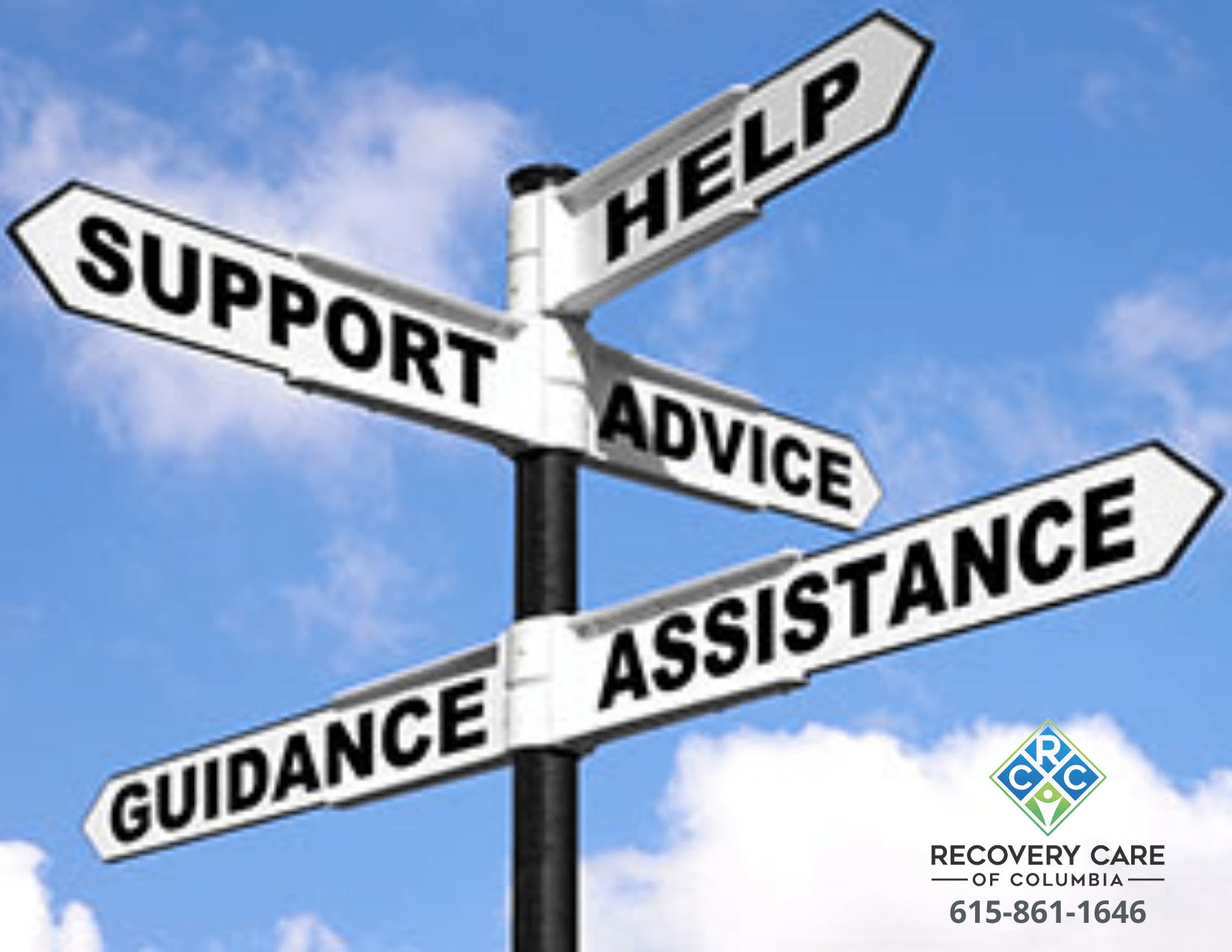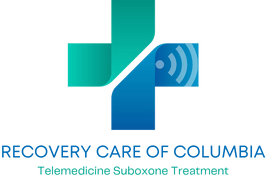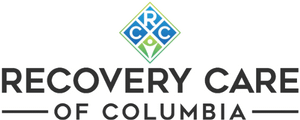The Truth About Suboxone and Addiction Treatment

Recovery Care partners Jon and Drew are not new to recovery or Suboxone treatment. Both Jon and Drew own clinics in the Nashville area, and are actually competitors. Well, sort of.
The truth is that if you’re working in the addiction field you probably have a passion for helping people, especially helping those who are addicted. Everyone working in addiction is a team whether they like it or not.
Yes, there are good clinics and not so good clinics. But, even the worst of Suboxone clinics are providing a service of prescribing Suboxone to the people who need it most. Suboxone saves lives, and allows for most people to continue normal lives without the need to chase pills or heroin anymore. Suboxone isn;t a fix-all, but it sure does a lot of good.
Recovery Care co-opwner Drew lost his oldest brother to addiction in 2005. Oddly, Drew himself was taking very strong narcotic medications at the time, and couldn’t even see that he too had a terrible addiction to them. It wasn’t long before some “tough life” happened to Drew and he was suddenly medicating his emotions with pain pills, something a lot of addicted people do.
Addiction is a Community
Actually, addiction is many communities. There’s the medical side, providing Suboxone and therapy to opioid-addicted individuals, and then there’s the group recovery side where free organizations like Narcotics Anonymous and even Alcoholics Anonymous have been working in conjunction with one another to provide a forum, sponsorship and support for people who need more than just Suboxone and private therapy.
Addiction is still somewhat new in the medical field as a specialty where doctors can now become “ABAM-Certified” by the American Board of Addiction Medicine. Much like a podiatrist specializes in treatments for your feet, ABAM doctors specialize in treating your addiction. Right now, it’s primarily opioid addiction due to the ongoing opioid epidemic, which sadly has not gotten much better due to the ever-increasing number of people becoming addicted.
Scary, is the fact that the cocaine, marijuana and heroin cartels of the world have recognized a need, and have begun to fulfill it by creating fake oxycodone pills that are laced with fentanyl. Of which, over 53% are lethal due to their level of fentanyl, according to the DEA.
Suboxone Saves Lives
Suboxone is the defacto treatment for opioid addiction because it hits the human body exactly where it needs to – in the brain’s opioid receptors. Suboxone works just like a normal opioid in that it covers the opioid receptor, which tells your brain it’s getting the narcotics it craves, shutting down things like withdrawals and cravings. However, there’s one huge difference between Suboxone and a regular opioid – Suboxone only covers a portion of each opioid receptor. Suboxone is considered a “partial agonist”, meaning it only partially covers each opioid receptor, vs,. completely covering all of them.
This is where Suboxone shines. You see, a partial agonist won;t give you the euphoria you’d normally get with hydrocodone, morphine, hydromorphone, Opana, OxyContin, oxycodone or percocet. You may feel a bit lighter for a little while, but the euphoria quickly wears off, the body builds a tolerance and then you feel as =normal as the day before taking your first drug. That was my experience anyway.
The result is that Suboxone makes people feel normal, focused, balanced, and even provides an overall feeling of wellbeing. How could it not? When you eliminate bad things from your body, of course it’s going to feel better. Suboxone does a whole lot more than just eliminate withdrawals and cravings. But first, let’s take a look at what opioids do to your body and you’ll better understand why Suboxone is truly a brilliantly-engineered treatment. A miracle drug in my opinion that could have saved my brother’s life.
Opioids Trick Your Brain in the Worst of Ways
Opioids play a terrible trick on the human brain. They make you think and believe that everything is okay. Even in a house that’s on fire, someone taking enough opioids will remain fairly calm, because their brain is telling them there’s no urgency to do anything. The other dirty trick opioids do to your body deals with chemicals. Opioids tell your body to reduce or even stop producing critical hormones. That means your body stops creating things like serotonin, estrogen, testosterone and many, many other chemicals that helps us grow, digest, sleep, think, and feel “normal”.
As long as you continue taking opioids you might never even miss these chemicals. This is where quitting opioids cold-turkey almost always fails – It’s not just the withdrawals and cravings that drive people back to their drug of choice, it’s a mixture of everything.
When you quit taking opioids, your body goes into a shock-like state because it is depleted of multiple, critical hormones that we all need to feel good, healthy and normal. I know this first-hand – I abruptly stopped a daily habit of 220 milligrams of oxycodone in 2013 and thought I was going to die. Even after the two weeks of withdrawals ended I struggled to decorate a Christmas tree, unable to get off the couch and stay on my feet for more than a couple minutes at a time. Eventually I went ot doctor and got more pain pills, just so I could feel “normal” again. It’s friggin’ awful what opioids do to our bodies.
“Suboxone was the last thing I tried and the only thing that worked”
I felt like I weighed 600 lbs, was so tired I could barely open my eyes or get off the couch. Yet, I would lay down to go to sleep and couldn’t sleep for more than 20 minutes at a time. Why? Because my 13-years of opiate drug abuse had completely messed-up my chemicals, leaving me completely depleted of all the good chemicals I needed to feel normal.
Thankfully, I talked to a friend whose daughter was taking Suboxone and she was getting good results. When nothing else worked for me I finally tried Suboxone. Suboxone was the last thing I tried and the only thing that worked. Suboxone truly saved my life. Without it I would have relapsed repeatedly and eventually overdosed, just like my brother had some years ago.
Suboxone Tricks Your Brain in the Best of Ways
Suboxone on the other hand, performs a multitude of tasks that allows you to again feel your best. No, not overnight, but in my case I felt like a new man just one day after I started, and in less than a week felt better than I had in over 13-years, which is how long I took opioids every single day.
Here’s what Suboxone can do for your body:
- Eliminates withdrawals – It tricks the brain into thinking it’s taking a strong narcotic
- Eliminates cravings – Suboxone has a long half life that relieves you of feeling the need to take more
- Allows for Chemical Balancing of Hormones – Being a partial agonist, it allows the brain “room” to replenish much-needed chemicals
- Does not get you “high”
What About Methadone?
While methadone is still considered to be an effective for addiction treatment, it should be used only as a last resort. Unlike Suboxone, methadone was not created for the purpose of treating opioid addiction. Methadone was created to reduce severe pain, primarily in cancer patients. While it can work as a substitute, it can be even more difficult to stop or taper down than normal opioids.
“It’s as if a switch turns on – a switch that as far as we know can never be turned off”
Why Do People Need Suboxone Anyway?
When it comes to the effects opioids have on the human body, there are typically two camps of people:
- People who take an opiate and fall asleep
- People who take an opiate and gain energy and clarity
Have you ever met someone who can take a painkiller and gain energy & clarity? Or, maybe you know someone who takes even the smallest dose (a 5 mg hydrocodone tablet) and fall asleep.
Opioids have different effects on people, and it all boils down to genetics. Some people react so favorably to opioids that once they take them (for a even a short period of time), it becomes difficult or nearly impossible to stop taking them. They simply do not feel “normal” without a narcotic in their system. It’s as if a switch turns on – a switch that as far as we know can never be turned off.
This is where Suboxone shines for addiction treatment. Suboxone provides the brain with just enough opioid receptor coverage that people feel normal. Yet, they are not craving more narcotics every few hours, they have plenty of energy, they can eat, sleep and feel whole again – without getting “high”.
“Just like a diabetic needs insulin, an opioid addict needs Buprenorphine”
For some time now, many healthcare professionals and even state-run insurance providers believed that addiction treatment using Suboxone should last only 6 months long. However, there were substantial relapse occurrences under this belief where patients were coming back over and over again for treatment. Thankfully, people in the know started trusting data. Data proved that not only do some people need to take Suboxone for much longer than 6 months, but that some people may need it for the rest of their life.
It all goes back to the “switch” we mentioned earlier- Once it’s turned on, it can’t be turned off. Suboxone has become the maintenance solution for addiction treatment and is proving to be effective.
Addiction is a Disease, Just Like Diabetes
It’s easy get angry at people who don’t understand opioid addiction, addiction treatment or Suboxone therapy. Some people still believe that “willpower” or “making the decision to quit” is all someone has to do to overcome their opioid addiction. That’s just not the case. I’ve yet to meet someone who’s addicted who did not want to stop. They just didn’t have the tools they needed to do so.
Addiction has been misunderstood for a very long time. Only recently was it classified as a disease. Just like a diabetic needs insulin, an opioid addict needs Buprenorphine (the partial agonist in Suboxone).
Addicted to Opioids? Start Addiction Treatment Today
Recovery Care of Columbia provides addiction treatment using Suboxone and private therapy – The #1 treatment for opioid addiction. All delivered by a staff of caring professionals who treat every patient with kindness and respect. Get help. There’s no need to suffer another day when there’s a solution that works!



